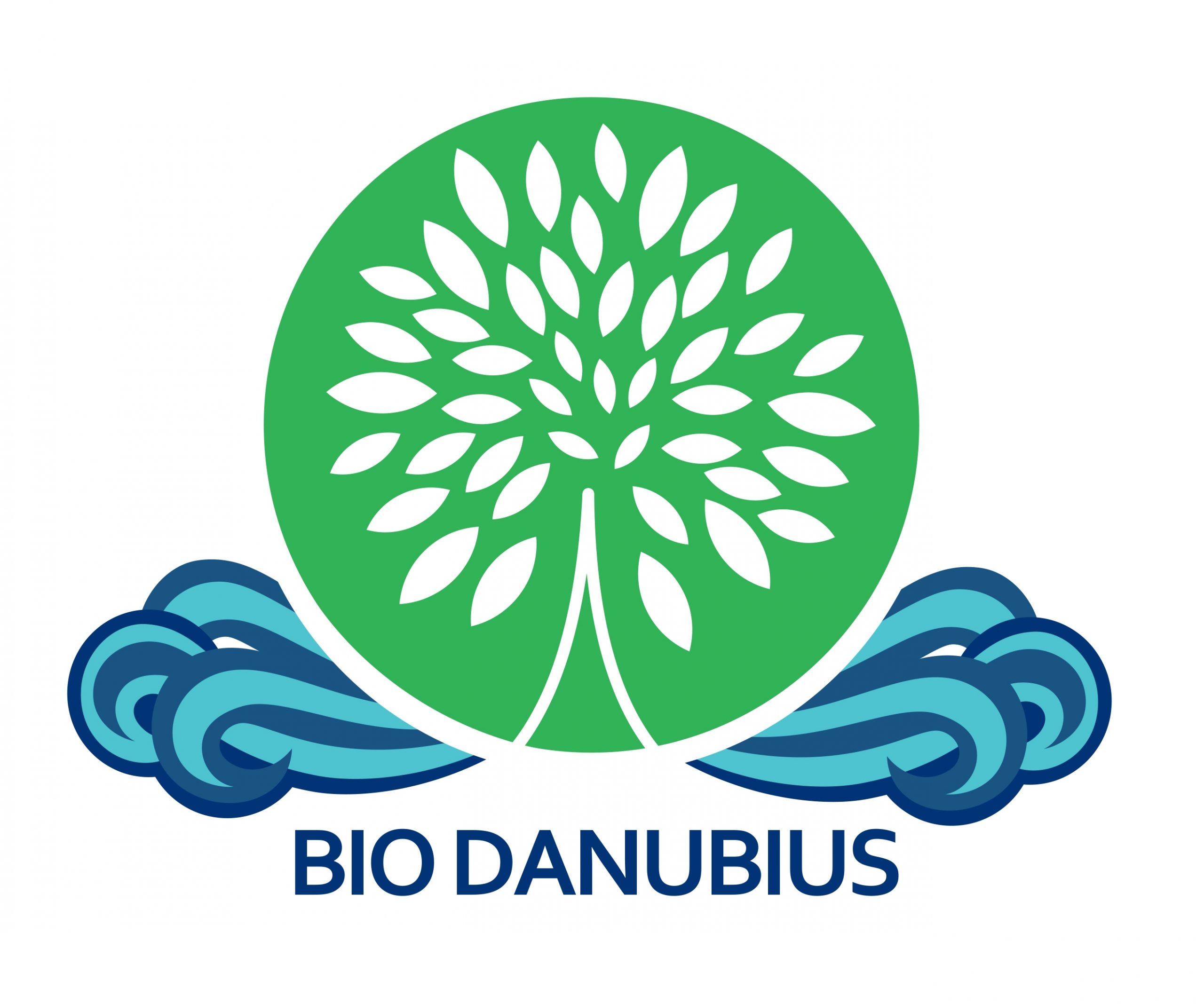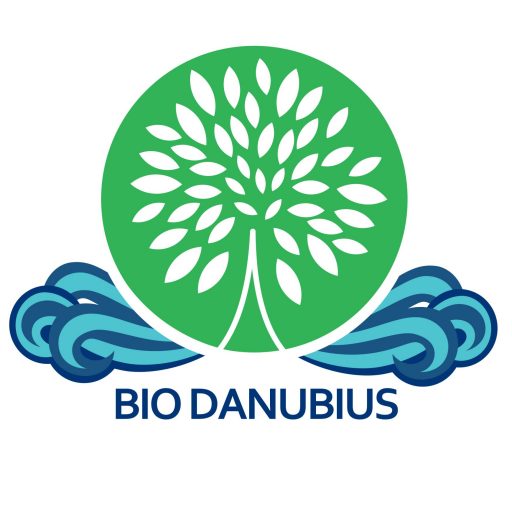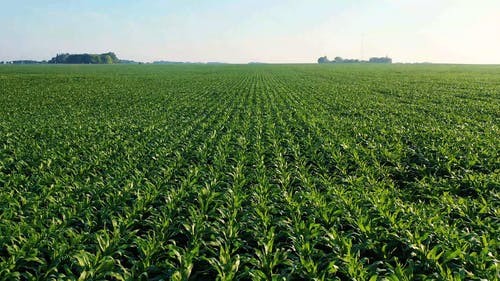We are pleased to invite you, on June 3, 2022, at 10.00, to an open working meeting of BIO DANUBIUS cluster members, the INTER-BIO consortium and DDNI Tulcea to a knowledge transfer meeting on future agricultural npractices and how they will be funded and implemented by the operators on the agri-food chains from the wetlands such as the Danube Delta but also other areas from the Danube area.
Context
Sustainable practices seek to maintain systems without degrading them. Regenerative practices recognize how natural systems are currently impacted and apply techniques to restore systems to improved productivity. Regenerative and sustainable actions overlap and essentially incorporate the same practices.
What is Sustainable Agriculture? Sustainable agriculture encompasses a broad and loose set of agricultural practices. Together these processes aim to sustain the land and economy of farming by working with natural processes rather than against them. “Sustainable” is an umbrella term for any practices that support the goal of making a farm more future-fit and resilient. Farming sustainably addresses a range of issues, such as water management, crop management, soil fertility, energy and waste management, and disease or pest management.
What are Regenerative Systems? Regenerative agriculture uses a holistic framework that aims to continuously renew the land and improve the overall environment. This system of farming principles and practices increases biodiversity, enriches soils, improves watersheds, and enhances ecosystem services. Do you know where carbon belongs? Underground. Regenerative agriculture processes capture carbon in the soil, reversing current global trends of atmospheric accumulation. The goal here is not just to cut down on the depletion of resources, but to actually restore lands, increase productivity, and improve the environment through better farming processes. In addition, the objectives of the workshop are to identify opportunities for collaboration in support of clusters, through various programs, partnerships, tools; attracting resources for the development of the organic farming sector but also taking into consideration how to deal with agro-ecology issues like carbon sequestration.
For information regarding the agenda please see the invitation.


